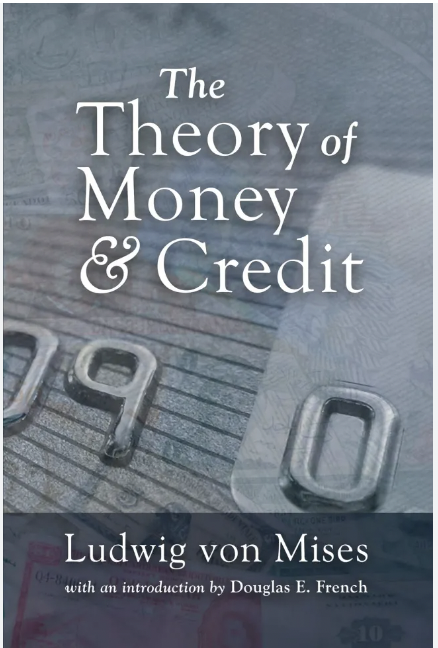Ep. 348 Crossover: Adam Haman Asks Bob Murphy All About Money

In another crossover episode with Adam Haman, Bob fields questions–both novice and expert level–on money, through the lens of the Austrian School. They cover the regression theorem, the status of Bitcoin, and the proposal for a trillion dollar platinum coin.
Mentioned in the Episode and Other Links of Interest:
- The YouTube version of this interview.
- Murphy explanation of Mises’ regression theorem.
- Murphy and Barta pamphlet on Bitcoin.
- Murphy article on Graeber’s critique of Menger.
- Haman Nature
- Details for the 2024 ExPat Money Summit.
- Help support the Bob Murphy Show.

The reason some Austrians dismissed bitcoin (or still dismiss bitcoin to this day) is because they’re missing George Soros’s notion reflexivity:
Mises’s regression theorem explains how money emerges automatically from barter.
After money barter occurs, the people have gained abilities they didn’t have in pre-money barter.
During money barter, a subset of people decided to create the field of economics to study what is going on and eventually discovered subjective ordinal marginal utility and the regression theorem.
After the regression theorem was discovered, a subset of people decided to engineer a money from scratch, such that if it were adopted, has better properties than the currently existing money with no other use value except as a better money.
They just needed an arbitrary priced trade to set the whole thing in motion (e.g. the bitcoin pizza) and it would iterate around a fixed point until it trades mirroring the stock to flow of bitcoin.
The reason bitcoin was adopted is due to reflexivity, the people in pre-money barter had no knowledge of money and what it could do for you if it were adopted.
This is what the Austrians that dismiss bitcoin are missing.
Unfortunately, Bitcoin is not fungible. This is why dark net markets have all universally rejected it in favor of Monero.
“Bitcoin is not fungible” isn’t inherent to bitcoin, just the way it is currently implemented. It can be soft/hard forked into fungibility when the market decides to do it.